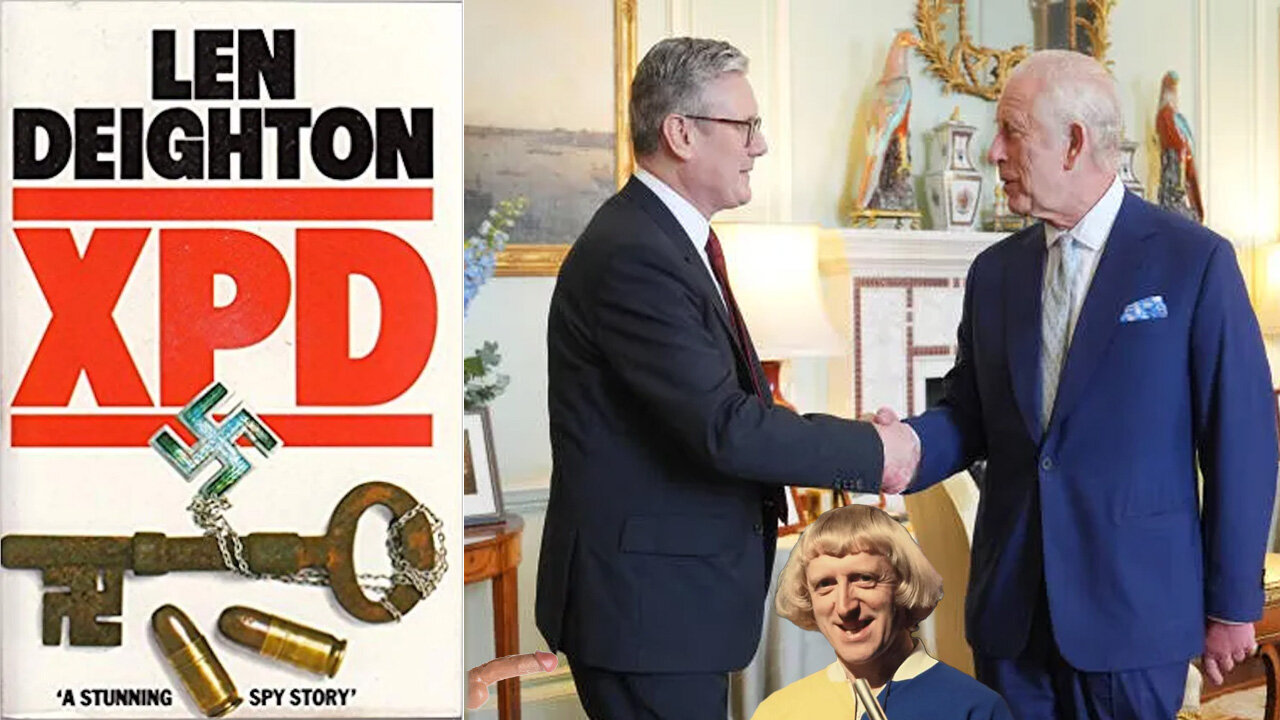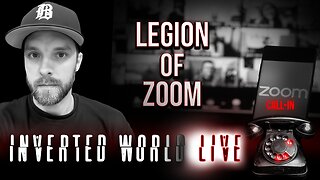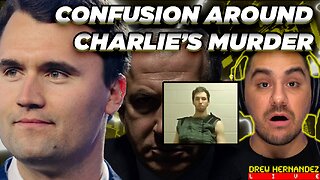Premium Only Content

'XPD' (1981) by Len Deighton
Len Deighton’s 'XPD' (1981) is a political thriller wrapped in the taut mechanics of a spy novel, yet it reaches well beyond the conventions of genre fiction to pose an unnerving “what if” scenario rooted in real history. With its central conceit—that in 1945 Winston Churchill met secretly with Adolf Hitler and a record of this meeting still exists—Deighton crafts a novel that is equal parts conspiracy, espionage, and exploration of the fragile line between myth and truth in political memory. While 'XPD' may not be as psychologically rich as his Samson trilogy or as stylishly offbeat as 'The IPCRESS File', it is a tight, intelligent, and politically potent work that demonstrates Deighton’s mastery of the spy novel as both entertainment and commentary.
The title, 'XPD', stands for “expedient demise”—a euphemism used by British intelligence for sanctioned killings. This detail alone sets the tone: a world where euphemism replaces morality, where governments kill to protect not lives, but secrets. The novel is set in the late 1970s, but its heart lies in the shadows of World War II. As Deighton’s plot unfolds, we learn that a group of ex-SS officers, now living quietly under assumed identities, are working to recover—or suppress—documents that could reveal Churchill’s secret parley with Hitler, a revelation that could irreparably damage postwar political legitimacy. British intelligence, too, is invested in making sure these secrets never surface. The result is a deadly race for control over history itself.
At the center of this race is Boyd Stuart, a British intelligence officer whose competence and skepticism recall Deighton’s earlier protagonists. Stuart is not a superspy but a man doing his job within a bureaucratic and morally ambiguous system. He is intelligent, loyal, and increasingly uneasy as he realizes the true stakes of the mission he’s been sent to manage. Like many of Deighton’s characters, Stuart is caught between personal ethics and institutional imperatives, a pawn who gradually comes to understand the nature of the game being played.
What makes 'XPD' compelling is the plausibility of its conspiracy. Deighton does not stretch credulity with outlandish claims; instead, he constructs his alternate history with forensic attention to detail. Churchill, Hitler, postwar Germany, the shifting alliances of the Cold War—all are depicted with enough accuracy and nuance that the idea of a secret meeting becomes chillingly believable. Deighton’s research is thorough but never heavy-handed. He understands that the most effective thrillers operate in the liminal space between fact and invention, and he walks that line with great skill.
The novel also meditates on the nature of power and memory. Who controls history? What gets remembered, and what is erased? The idea that a few sheets of paper could undo the accepted narrative of the Second World War forces the reader to reflect on how fragile historical consensus really is. In 'XPD', history is not a fixed record but a battlefield—one that intelligence services, governments, and survivors all fight over, long after the shooting stops.
Stylistically, Deighton is in full control. His prose is spare, economical, and layered with dry wit. Dialogue carries much of the narrative weight, and characters often speak in ways that reveal more than they intend. There is little sentimentality. The tone is cool, even cynical, but never nihilistic. Deighton presents a world of competing interests and shifting loyalties, where heroes are in short supply and truth is an asset to be protected or destroyed, depending on its usefulness. The pacing is deliberate, building tension through atmosphere and implication rather than explosive set pieces. Readers seeking non-stop action may find the novel slow, but those attuned to Deighton’s cerebral style will find the accumulation of detail both gripping and intellectually satisfying.
If there is a flaw in 'XPD', it lies in its emotional reserve. The characters, while convincingly drawn, are not especially vivid or memorable in themselves. They function more as instruments within a tightly wound narrative than as fully developed human beings. But perhaps this is deliberate. In Deighton’s vision, systems and structures dominate; individuals operate within constraints set by history, politics, and espionage. No one escapes unscathed, and no one is entirely innocent.
'XPD' stands as one of Deighton’s most serious and politically resonant novels. Unlike the offhand irony of his early spy fiction or the more expansive character arcs of his Berlin novels, 'XPD' offers a contained but deeply unsettling story about the cost of maintaining official versions of history. It suggests that the truth, far from being liberating, can be explosive—and that those in power will go to any length to suppress it. In that sense, it is a quintessential Deighton novel: morally complex, meticulously researched, and disturbingly plausible.
More than four decades after its publication, 'XPD' remains relevant in an age where disinformation, historical revisionism, and state secrecy continue to shape public consciousness. It is a thriller with the soul of a political essay, and like the best of its kind, it entertains as it unsettles. In Deighton’s hands, the past is never dead—it is simply classified.
-
 LIVE
LIVE
Inverted World Live
1 hour agoLegion of Zoom | Ep. 109
18,764 watching -
 LIVE
LIVE
TimcastIRL
2 hours agoDOJ Releases Charlie Kirk Assassin Messages, Trans Left Aligned Confirmed | Timcast IRL
10,216 watching -
 LIVE
LIVE
Man in America
5 hours agoSICK: Xi & Putin Caught Plotting Organ Transplants for “Eternal Life”
659 watching -
 LIVE
LIVE
Drew Hernandez
7 hours agoMASS CONFUSION AROUND CHARLIE'S MURDER
1,225 watching -
 1:01:40
1:01:40
HotZone
6 days ago"Prepare for WAR" - Confronting the URGENT Threat to America
1597 -
 20:23
20:23
Scammer Payback
7 hours agoTerrifying Scammers with File Deletions
6921 -
 16:22
16:22
The Gun Collective
4 hours agoWOW! 17 New Guns JUST GOT RELEASED!
2758 -
 1:13:57
1:13:57
Glenn Greenwald
4 hours agoYoung Men and Online Radicalization: Dissecting Internet Subcultures with Lee Fang, Katherine Dee, and Evan Barker | SYSTEM UPDATE #516
136K40 -
 1:14:57
1:14:57
Sarah Westall
2 hours agoCEO of Crowds on Demand: The Fake World of Social Media, Protests & Movements w/ Adam Swart
9.42K2 -
 DVR
DVR
Geeks + Gamers
5 hours agoTuesday Night's Main Event
38.6K2